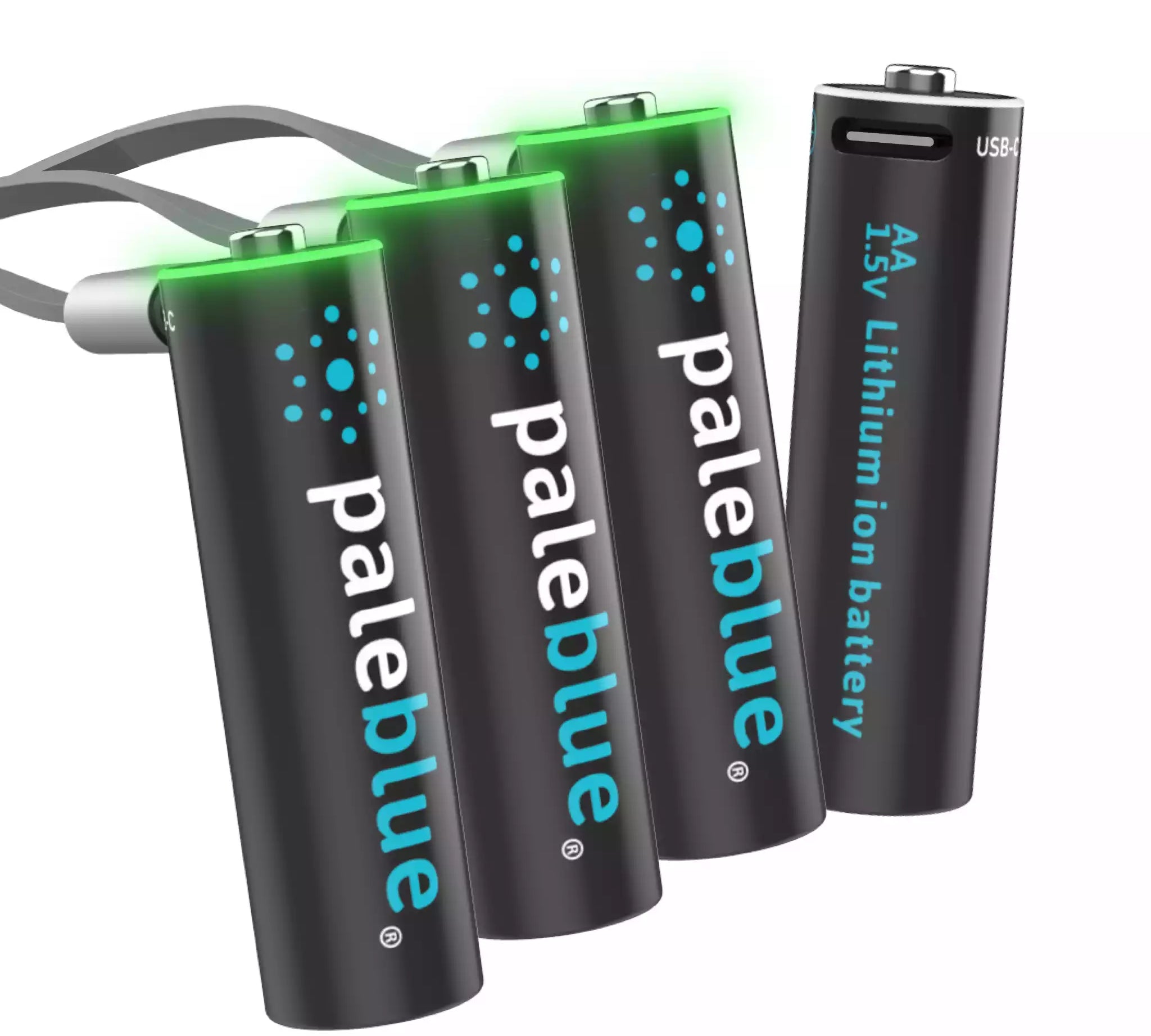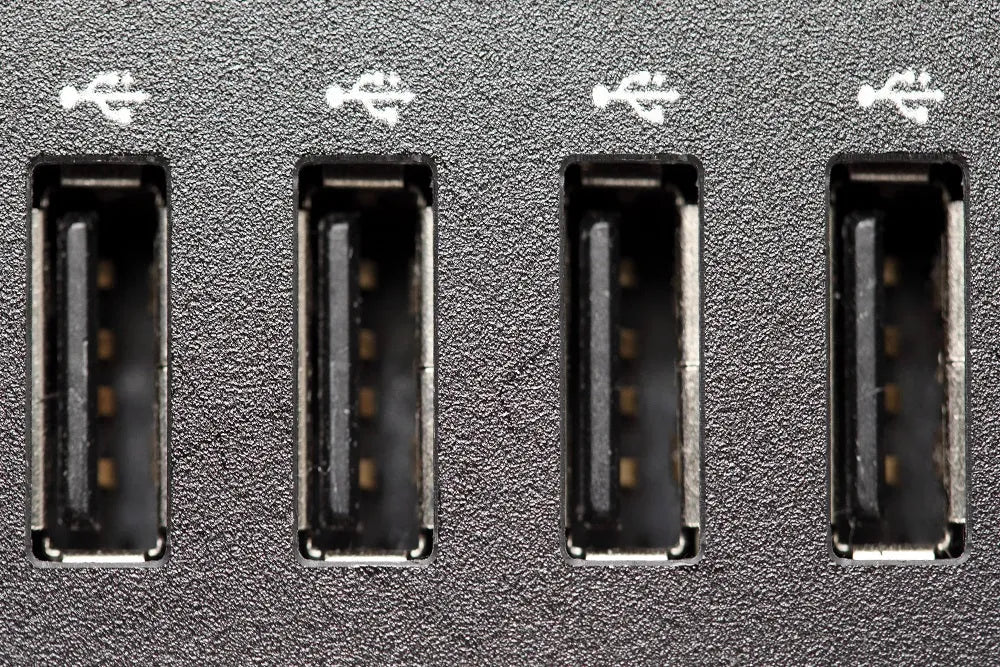A Reminder to Keep Batteries Away from Dogs

As we wrap up yet another successful holiday season, we are reminded that the last few weeks of the year tend to be the busiest for battery sellers. The Christmas season is when people buy batteries most often. And with all those battery-powered gifts being exchanged, it is important to remember to keep batteries away from your dog.
Dogs have this habit of chewing anything they can get their teeth on. Sometimes it's cute, like when you're playing tug-of-war with your pooch over a stick you found in the yard, but other times it is dangerous. Dogs chewing on or ingesting batteries are engaging in a life-threatening practice. Yes, batteries could kill your beloved pet.
Batteries Contain Nasty Chemicals
A lot of the blog posts and pet care articles discussing dogs and batteries talk about the nasty chemicals found in alkaline batteries. But truth be told, even USB rechargeable batteries based on lithium ion, NiCad, or NiMH technology have chemicals and heavy metals dog shouldn't be ingesting.
Many of the chemicals are caustic. That means potential tissue damage in the mouth, throat, and esophagus if a dog chews on batteries to the point of breaking them open. Actually ingesting a battery is even more dangerous. Ingestion takes all those nasty chemicals and carries them into the stomach.
The biggest worry with battery chewing or ingestion is something known as necrosis. Without getting too technical, necrosis is essentially dying tissue. It is not a good thing. Other potential problems include chemical burns and choking. There really is nothing good that can come from letting dogs get near batteries.
If You Suspect Battery Poisoning
Unfortunately, people trying to be very careful still can't prevent every accident. If you suspect your dog has been chewing on or ingesting batteries, the ASPCA says there are signs you can look for. Excessive drooling, unusually bad breath, and an unwillingness to eat are warning signs. So are vomiting, diarrhea, and behavior that may signal abdominal pain.
Chemical burns can begin to show in a dog's mouth and throat within a couple of hours of exposure. However, you might not see all the symptoms for up to 24 hours. So if you suspect your dog has been exposed to battery poisoning, offer a small amount of milk or water to dilute any remaining chemicals then call your vet.
In all likelihood, the vet will want to see your dog regardless. That is the best course of action anyway. You're better safe than sorry.
Up and Out of Reach
The main lesson here is to keep all batteries up and out of reach of both children and animals. It is a good habit to get into regardless of the types of batteries you use in your electronic devices. And while we're on that topic, we hope you're using USB rechargeable batteries instead of single-use, disposable batteries.
A single lithium-ion battery from Paleblue can be charged 1000+ times. It is also lighter than a comparable alkaline battery, and it can be charged without the need for any external charger. The charging technology is built in to the battery itself. All you need is the accompanying USB cable and a port to plug it into.
We hope your holiday season was filled with plenty of joy and laughter. As we turn the page to a new year, let us all work together to eliminate single-use alkaline batteries. We just don't need them anymore. Advancements in lithium-ion technology make for far better USB rechargeable batteries that outperform at nearly every level. And remember, keep those batteries away from the dog.
- Tags: Sustainability







